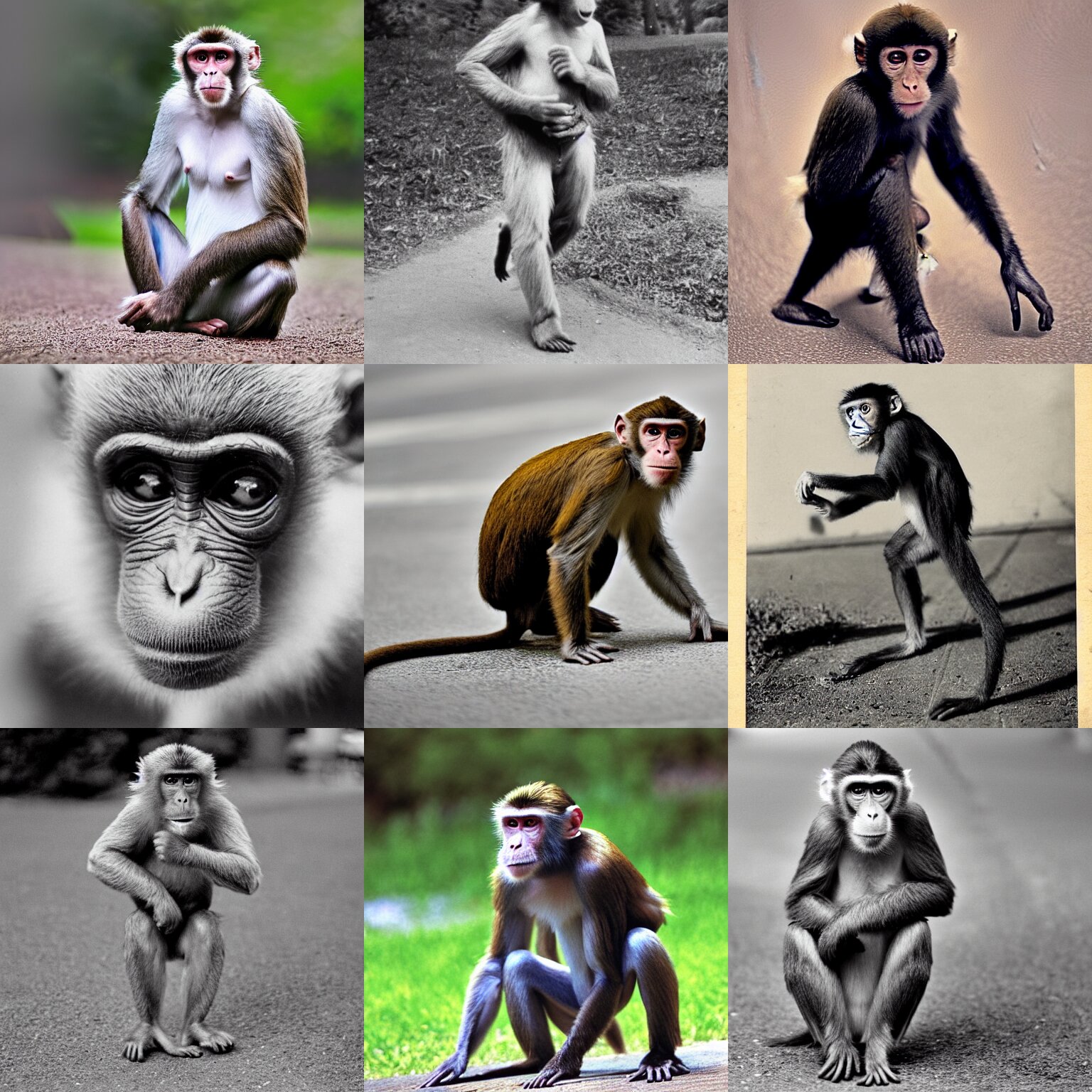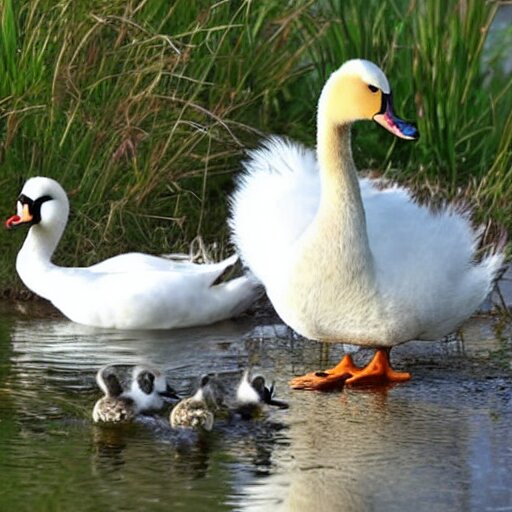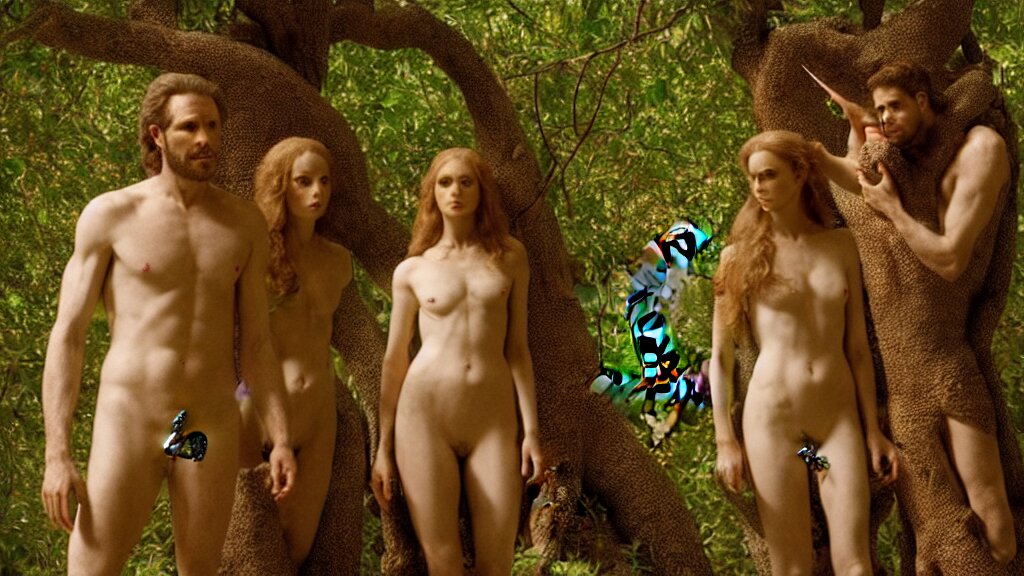#parental-selection #human-evolution #natural-selection #sexual-selection #physical-beauty #lighter-skin #climate #diet #behavior #hairlessness #cultural-phenomenon
Created at 070223
# [Anonymous feedback](https://www.admonymous.co/louis030195)
# [[Epistemic status]]
#shower-thought
Last modified date: 2023-02-07
Commit: 0
# Related
- [[Biology/Group selection]]
- [[Biology/Evolution/Kin selection]]
- [[Biology/Evolution/Sexual selection]]
- [[Biology/Eugenics]]
- [[Biology/Evolution/Artificial selection]]
# TODO
> [!TODO] TODO
# Parental Selection in Human Evolution

Parental selection is the idea that parents choose which of their offspring will be most successful and pass on their genetic traits to future generations. This idea has been proposed as a possible explanation for why certain traits are more prevalent in certain populations. While we cannot prove that parental selection is the cause of certain traits, we can observe its effects. For example, studies have found that parents tend to choose partners who are similar to themselves in terms of physical characteristics and personality traits. This suggests that parental selection may be playing a role in shaping the genetic makeup of human populations. Ultimately, more research is needed to understand the role of parental selection in human evolution.

I believe, though I cannot prove it, that three, not two, selection processes were involved in human evolution. The first two are familiar: natural selection, which selects for fitness, and sexual selection, which selects for sexiness. The third process selects for physical beauty and attractiveness, but not necessarily in a sexual context – rather, it is parental selection. It is likely that parental selection played a role in the evolution of lighter skin color in Europeans, who are descended from Africans. Factors such as climate, diet, and behavior could have been involved, as well as a preference for lighter skin. Additionally, parental selection coupled with sexual selection could explain why humans are relatively hairless compared to other mammals of similar size. This occurred in a short evolutionary time period and was likely a cultural phenomenon, where humans viewed themselves as "people" and fur-bearing creatures as "animals".
